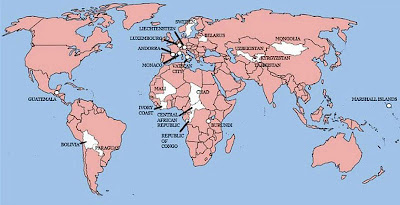EU and Unity in Diversity
The EU has 28 partner countries that speak “an unwieldy 23 languages” , as the Economist puts it. Some guy suggested that every Euro kid should learn two foreign languages. Others felt that everyone should just switch to English. Some of the arguments against English were interesting and informative, not jingoist: 1) The language spoken by the maximum number of Europeans is, hold your breath, German! In 4 countries, German is an official language. 2) French has just as many native speakers as English, and is official in 3 countries. 3) And most embarrassing of all, Britain will soon be holding a referendum whether to quit the EU altogether! 4) The EU’s official motto is “united in diversity”, a promise to not crush every member “under a homogenising wheel”. (Wait a minute, unity in diversity? Don’t we have a copyright on that slogan?) Now doesn’t all this make you proud to be Indian? We have 30 states (give or take), and don’t thrust any language

